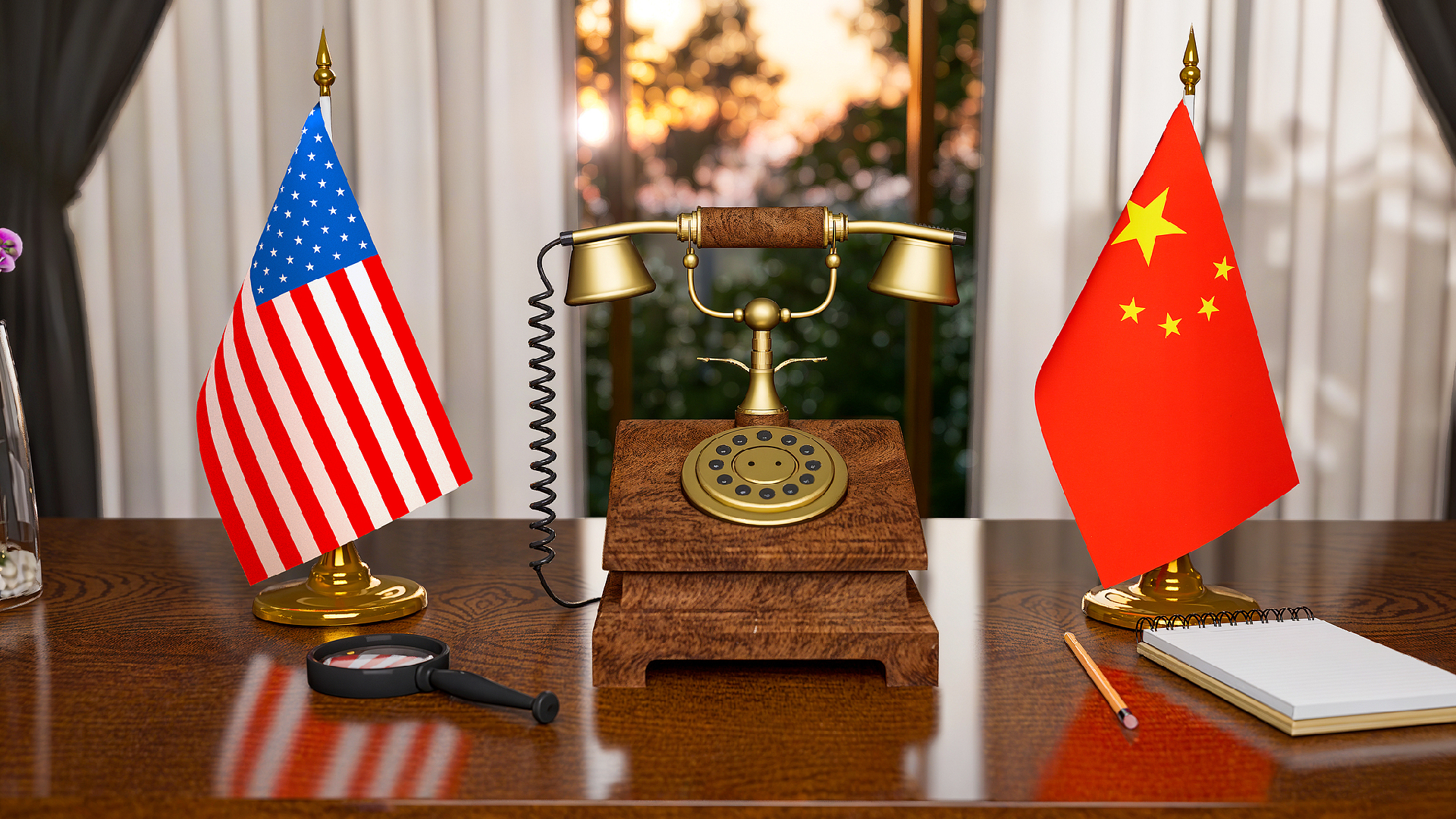Xi–Trump Call: Beijing Outlines Conditions for Responsible U.S.-China Reengagement
Experts emphasize that while cooperation is encouraged, it must be rooted in mutual respect, disciplined management, and strategic caution to ensure stability.

In a phone call requested by US President Donald Trump on Thursday, Chinese President Xi Jinping clearly articulated Beijing's requirements for stabilizing relations between the world's two largest economies. The message delivered by Xi was unambiguous: China welcomes cooperation, but such collaboration must be based on mutual respect, managed thoughtfully, and insulated from missteps that could undermine global stability.

Statesmanship at the helm: Steering clear of disruptions remains the goal
During the conversation, President Xi employed a maritime metaphor, likening the China–US relationship to a "giant ship" requiring careful navigation. This analogy not only illustrates the immense scale and complexity of the bilateral relationship, but also signals the necessity for disciplined management. Without a clear sense of direction, Xi warned, the two nations risk being swept off course by mounting undercurrents—an outcome that could have far-reaching repercussions for global development and regional security.
Managing this relationship is inherently challenging, given its blend of overlapping interests and intensifying competition. Within this dynamic, a multitude of voices can be heard. Some express genuine policy differences; others are amplified by intentional provocation or opportunism. Recognizing these distinctions, Xi stressed the need to separate constructive disagreement—which can actually facilitate progress—from disruptive interference, which serves only to deepen divisions.
Amid turbulent geopolitical currents, it is the clarity of vision and statesmanship—not the volume of rhetoric—that prevents the ship from drifting into perilous waters. As the relationship evolves, it will require leaders on both sides to exercise restraint and rise above political noise, prioritizing long-term stability over short-term gains.
Between principle and goodwill: Articulating China's strategic logic
Xi's assertion that China is "sincere" yet principled reflects the country’s established approach to foreign engagement. Here, principle and goodwill are not contradictory, but rather mutually reinforcing. According to Beijing, displaying goodwill does not mean abandoning core interests; likewise, upholding principles does not exclude the possibility of compromise or common ground.
This nuanced perspective is often misunderstood in Washington, where acts of assertiveness—such as China's measured responses to US tariffs—may be seen as defiance. However, from Beijing's standpoint, these measures are necessary to reinforce boundaries and prevent misunderstandings about China’s "red lines." Xi reiterated that "the Chinese always honor and deliver what has been promised," recalling China's commitment to previously agreed consensus points and subtly reminding the US of the importance of reciprocity.
Greater transparency and consistent, multi-level communication are key to reducing mistrust, which often stems from asymmetric information and differing political contexts. While rivalry may persist, closing the gap in understanding could help prevent competitive tensions from escalating into open conflict.

Managing competitive coexistence: Seeking win-win results in a bounded rivalry
Despite deepening structural competition, President Xi underscored the possibility of "win-win" outcomes, anchored in the spirit of equality and mutual concern. This diplomatic posture is noteworthy given current tensions, and it demonstrates a willingness to foster shared development rather than zero-sum confrontation.
Achieving such outcomes rests on respecting each side's core concerns—not necessarily achieving perfect symmetry in power or status. China’s diplomatic practice of engaging all countries respectfully, regardless of size, exemplifies this philosophy. Furthermore, functional mechanisms—such as established economic and trade dialogue frameworks—need to be put to effective use, shifting from symbolic interaction to substantive problem-solving.
These institutional processes allow for competition to unfold within defined boundaries, much like rules in a sporting match. Without such guardrails, competition risks devolving into unpredictability and even chaos, which would ultimately harm both parties and destabilize broader international systems.
Conclusion: A foundation for reengagement
The recent Xi–Trump phone call has set a series of guiding principles for managing what is widely regarded as the world's most significant bilateral relationship. By reaffirming the importance of mutual respect and disciplined engagement, it creates a foundation for more meaningful, pragmatic dialogue moving forward. In an era marked by uncertainty, the willingness of both nations’ leaders to recommit to responsible stewardship sends a critical signal of stability to the world.




